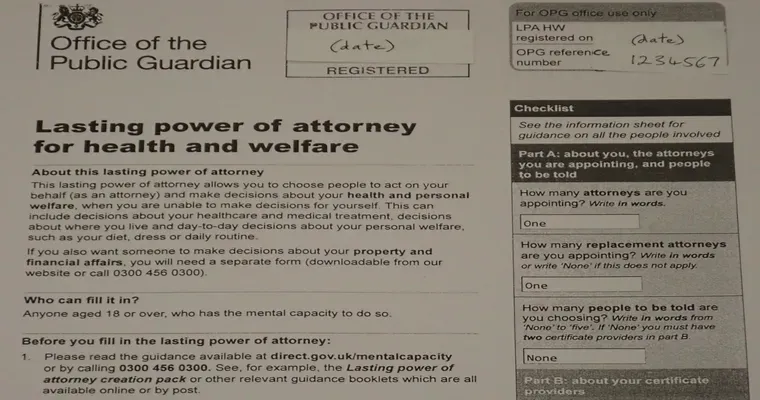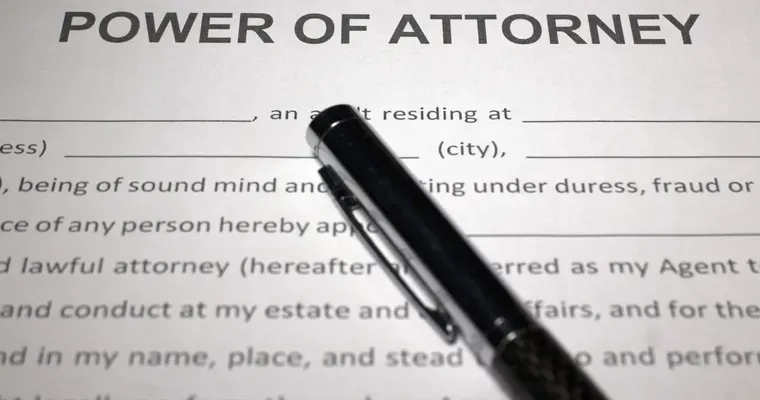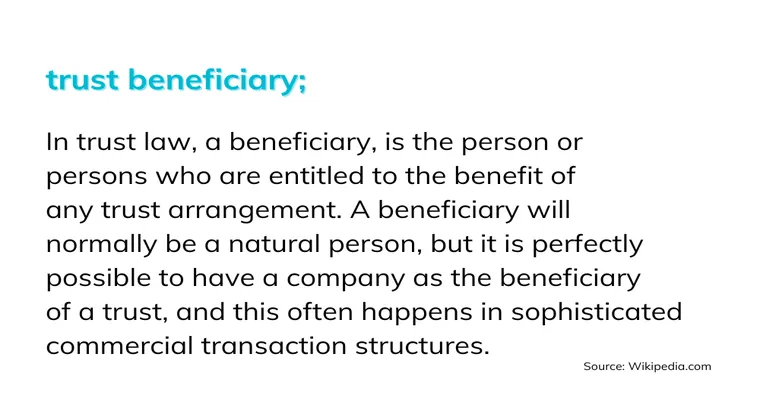When discussing "Power of Attorney (POA)" arrangements for your elder, it is crucial to be mindful of the "terminology" you use when speaking to their "bank", "financial advisor", or "lawyer". The language you choose can significantly impact the process and the relationships involved. Miscommunication or misunderstandings can lead to delays, complications, or even legal disputes. This article aims to highlight the importance of careful communication and provide guidance on how to navigate these conversations effectively.
Understanding the implications of a "Power of Attorney" is essential for both you and your elder. A POA grants you the authority to make financial and legal decisions on behalf of your elder, and this responsibility should not be taken lightly. Before engaging with financial institutions or legal representatives, it is vital to clarify your intentions and the specific powers you seek. Using vague or ambiguous terms can create confusion and potentially jeopardize the arrangement.
One of the most common pitfalls is the use of terms like "control" or "manage." While these words may seem straightforward, they can carry negative connotations that might raise concerns among bank representatives or attorneys. Instead, it is advisable to use phrases such as "assist" or "support" when discussing your role. This approach emphasizes your intention to help rather than dominate the decision-making process.
Moreover, be cautious about discussing your elder's "assets" or "financial situation" in detail without their explicit consent. Sharing sensitive information can violate privacy regulations and may lead to complications with financial institutions. Always prioritize your elder's confidentiality and ensure that you have their permission to share any relevant information.
When speaking with a "financial advisor", be clear about your goals and the specific areas where assistance is needed. Instead of saying you want to "take over" their finances, express your desire to "collaborate" and "ensure their financial well-being." This language fosters a more cooperative relationship and makes it easier for the advisor to understand your intentions.
Legal conversations about a Power of Attorney should also be approached with care. Avoid using terms that imply coercion or pressure, such as "force" or "pressure." Instead, focus on the benefits of having a POA in place, such as ensuring that your elder's wishes are respected and that their affairs are managed efficiently. This positive framing can help convey your genuine concern for your elder's well-being.
In conclusion, when preparing to discuss a Power of Attorney with your elder’s bank, financial advisor, or lawyer, be mindful of the "terms" you use. Clear and respectful communication is key to ensuring that the process goes smoothly and that your elder's best interests are prioritized. By choosing your words carefully and focusing on collaboration and support, you can help facilitate a positive outcome for all parties involved. Always remember that effective communication is not just about what you say, but how you say it.





